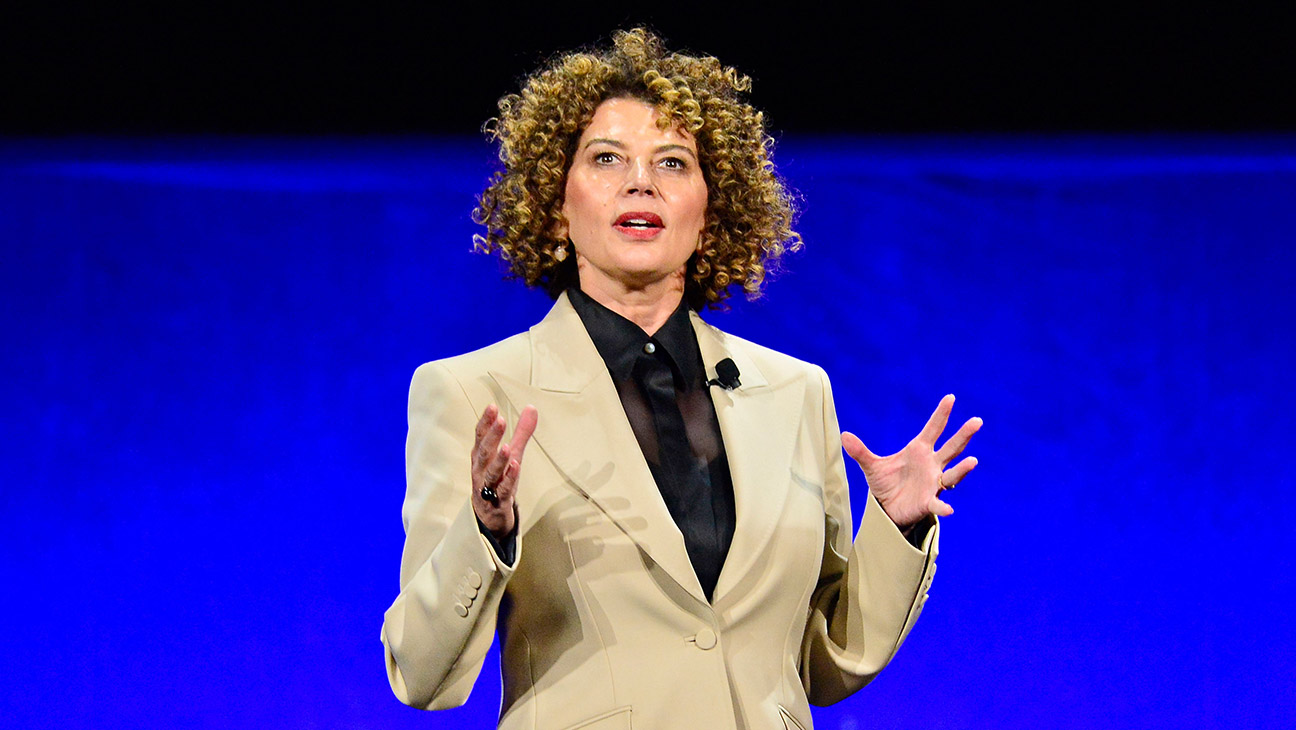Universal Pictures is taking a new approach to combat mass theft of its movies to teach artificial intelligence systems.
Starting in June with How to Train Your Dragon, the studio has attached a legal warning at the end credits of its films stating that their titles “may not be used to train AI.” It’s also appeared on Jurassic World Rebirth and Bad Guys 2.
“This motion picture is protected under the laws of the United States and other countries,” the warning reads. “Unauthorized duplication, distribution or exhibition may result in civil liability and criminal prosecution.”
By Universal’s thinking, the worldwide insertion of the language adds another layer of protection against the theft of its movies for data mining and AI training purposes, according to a person familiar with the situation.
In some countries, the warning cites a 2019 European Union copyright law largely opposed by major tech companies that allows creators to opt out of having their material used in scientific research by explicitly reserving their rights.
In an entertainment landscape where studios are fighting tooth and nail for a rapidly diminishing slice of viewers’ attention, the rise of artificial intelligence represents a massive threat. It’s not difficult to imagine a future in which some not insignificant portion of moviegoers forgo watching traditional films in favor of watching mass produced content created with AI tools, which borrow heavily from studios’ intellectual property.
So far, most AI tools have been plugged into parts of the production pipeline to streamline certain processes, like those involving visual effects, concept art and dubbing. But there are also nascent players doubling down on the idea that AI-generated content will create an entirely new market of viewers and are looking to completely overhaul production. On July 30, Edward Saatchi’s Fable Studios announced an undisclosed investment by Amazon in Showrunner, a platform dedicated to AI content that allows users to create episodes with a prompt of just a couple of words. It has big ambitions, targeting a 2026 theatrical release for its first AI-generated movie while in talks with major studios, including Disney, for licensing deals that would allow users to create their own fanfiction-esque universes.
“Hollywood streaming services are about to become two-way entertainment: audiences watching a Season of a show, loving it will now be able to make new episodes with a few words and become characters with a photo,” Saatchi says. “Our relationship to entertainment will be totally different in the next 5 years.”
“We can do so much more with AI,” he adds.
Around 2024, some AI image generators started to return nearly exact replicas of frames from films, indicating that they could’ve been used to teach some AI systems. Some examples: When prompted with “Thanos Infinity War,” Midjourney — an AI program that translates text into hyper-realistic graphics — produced an image of the purple-skinned villain in a frame that appears to be taken from the Marvel movie or promotional materials; a shot of Tom Cruise in the cockpit of a fighter jet, from Top Gun: Maverick, is similarly generated if the tool is asked for a frame from the film.
An exhibit from Universal and Disney’s lawsuit against AI company Midjourney that shows an AI-generated Shrek and an original film still.
It can seemingly replicate almost any animation style, reproducing characters from titles including DreamWorks’ Shrek, Pixar’s Ratatouille and Warner Bros.’ The Lego Movie. This gave Disney and Universal the ammo to get off the sidelines and sue Midjourney as they look to stave off what could be the next big reorientation of consumption habits.
The fate of their lawsuit largely rests on the novel legal question of whether AI companies are covered by fair use, the legal doctrine in intellectual property law that allows creators to build upon copyrighted works without licenses. Authors recently lost on this issue in two separate cases against Amazon-backed Anthropic and Meta. But there was also a silver lining for creators: There could be liability if works were illegally downloaded without payment, opening the door for massive payouts to Universal and other studios if their movies were pirated. Universal’s legal warning references “unauthorized duplication” since AI companies’ training methods involve making copies of material to feed the technology. And with statutory damages for willful copyright infringement reaching up to $150,000 per work, massive damages are in play.
